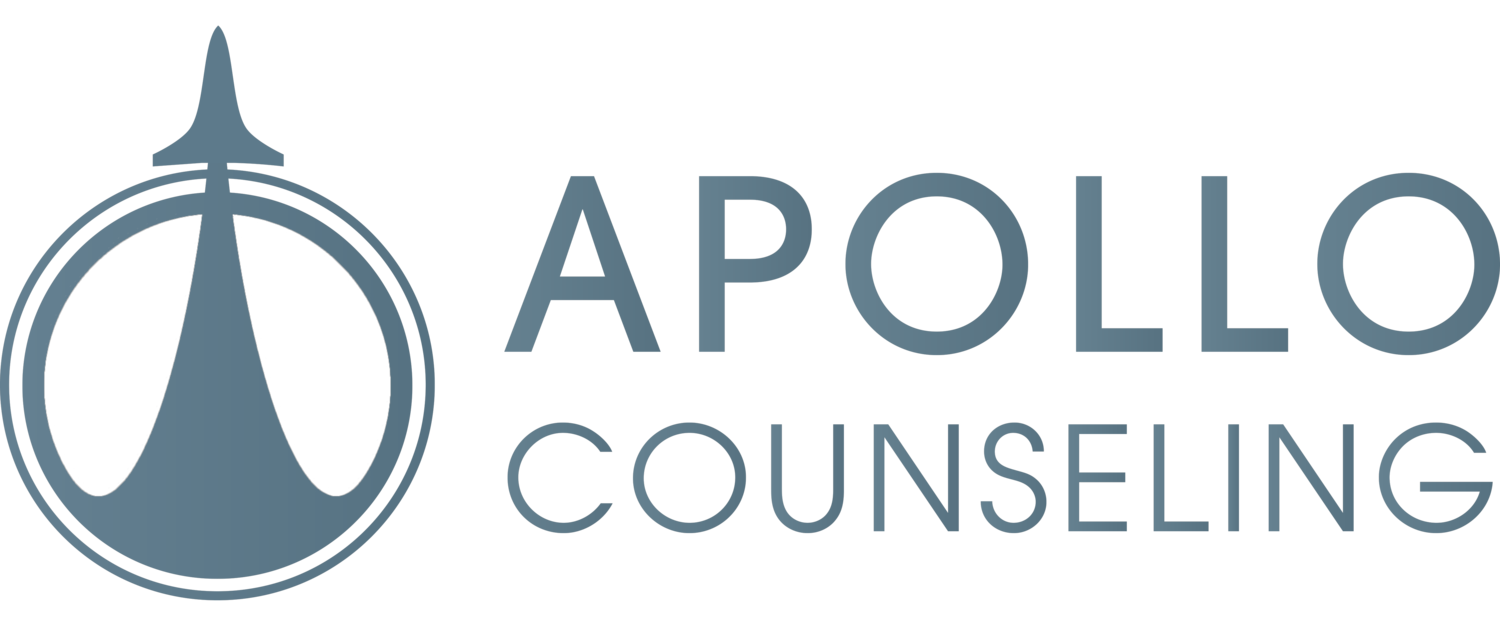The Importance of Digital Detoxes for Mental Health
There’s no denying it. In today's digital age, social media has become an integral part of our lives, influencing how we communicate, work, and socialize. However, excessive use of social media can take a significant toll on our mental health and overall well-being. According to the Pew Research Center, about 70% of Americans use social media, and a substantial portion of this demographic spends several hours a day on these platforms. This constant connectivity can lead to mental fatigue and emotional stress, underscoring the need for mindful engagement with digital content.
The Impact of Social Media on Mental Wellbeing
Constant exposure to social media can lead to feelings of inadequacy, comparison, and FOMO (fear of missing out). Studies have shown a correlation between heavy social media use and increased feelings of anxiety, depression, and loneliness. A survey by the Royal Society for Public Health in the UK found that young people who spend more than two hours a day on social networking sites are more likely to report psychological distress. This distress can manifest as heightened anxiety, depressive symptoms, and a pervasive sense of isolation, despite the illusion of being constantly connected to others.
Understanding Digital Detoxes
Digital detoxes involve taking a break from electronic devices, particularly social media platforms, to recharge and reconnect with the offline world. It's about setting boundaries and reclaiming control over our time and attention. A 2018 study published in the Journal of Social and Clinical Psychology highlighted that limiting social media use to just 30 minutes per day significantly reduced levels of anxiety, depression, and loneliness in participants. This finding emphasizes the therapeutic potential of digital detoxes in restoring mental balance and fostering a healthier relationship with technology.
Benefits of Digital Detoxes
Taking regular breaks from social media can have numerous benefits for our mental health. It allows us to reduce stress, improve sleep quality, increase productivity, and enhance our real-life connections. Research from the American Psychological Association indicates that individuals who take periodic breaks from digital screens report lower stress levels and better sleep patterns. Furthermore, stepping away from the constant barrage of notifications and updates can lead to increased mindfulness, better focus, and a renewed appreciation for the tangible aspects of life, such as face-to-face interactions and nature.
Tips for a Successful Digital Detox
Set Clear Boundaries: Determine specific times or days when you'll be offline and stick to them. Don’t let FOMO get the best of you! A study by the University of Pennsylvania suggests that creating structured digital-free periods can significantly enhance mood and overall well-being.
Find Alternative Activities: Use your digital detox time to engage in hobbies, exercise, or spend quality time with loved ones. Pick up that old guitar, paintbrush, camera, or whatever brings you joy. Physical activities and creative pursuits not only distract from digital cravings but also boost mental health by releasing endorphins and fostering a sense of achievement.
Practice Mindfulness: Stay present in the moment and focus on activities that bring you joy and relaxation. BONUS: Get outside and breathe in some fresh air! Mindfulness practices, such as meditation and deep breathing exercises, have been proven to reduce stress and anxiety, providing a natural counterbalance to the pressures of the digital world.
Seek Support: Let friends and family know about your digital detox plans and ask for their encouragement and understanding. Studies show that social support plays a crucial role in successfully implementing lifestyle changes, including reducing digital dependency.
Reflect on Your Experience: Take time to evaluate how your digital detoxes are impacting your mental well-being and make adjustments as needed. Journal your thoughts. Reflective practices help in identifying the positive changes and areas that need more focus, ensuring that the detox becomes a sustainable part of your routine.
Nurture Real-Life Connections
Digital detoxes are a valuable tool for maintaining mental well-being in today's hyper-connected world. By taking breaks from social media and prioritizing real-life connections, we can nurture our mental health and find greater balance in our lives. According to Harvard University, strong social connections increase longevity and improve mental health. Remember, it's okay to unplug and prioritize self-care outside of scrolling. Embrace the opportunity to reconnect with the physical world and the people around you, enhancing both your mental health and overall quality of life.

